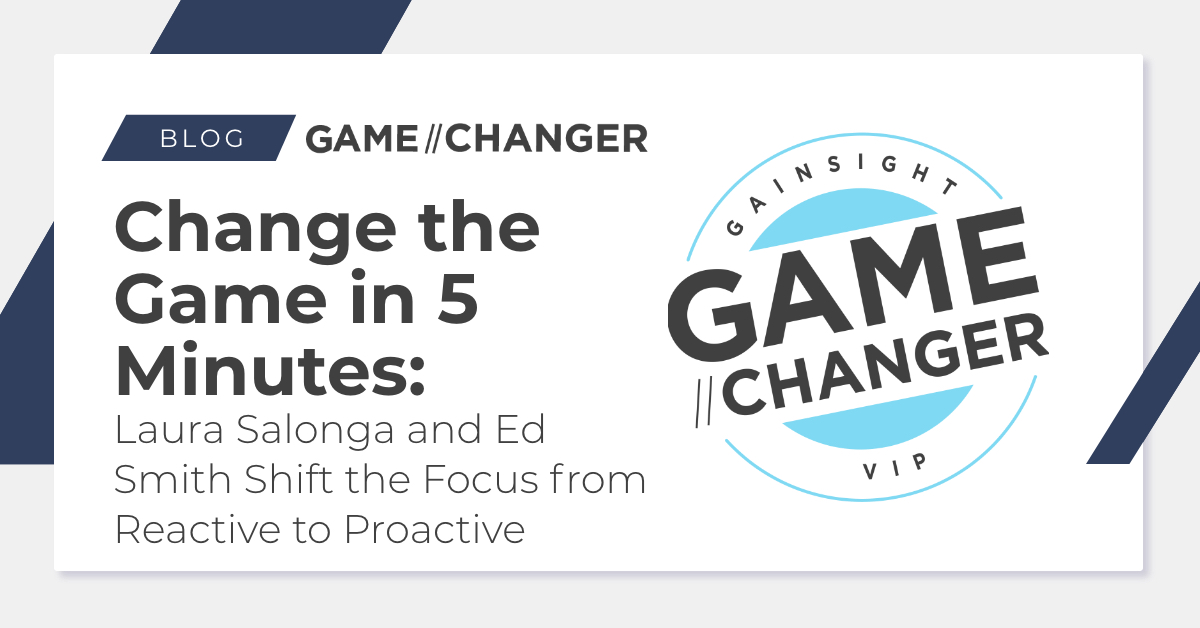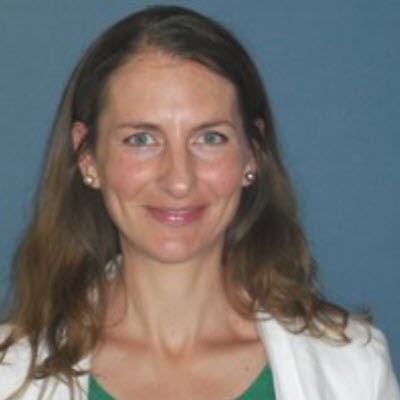
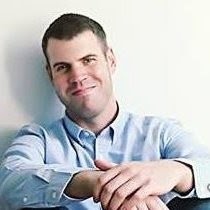
Welcome to our Change the Game in 5 mins Series. If you’re in the healthcare industry, you may be particularly interested in my conversation today with athenahealth’s Laura Salonga and Ed Smith. At athenahealth, a leading provider of network-enabled software and services for medical groups and health systems nationwide, Laura is a Senior Product Manager and Ed is Executive Director, Customer Success Analytics. At any given time—and especially now, with COVID-19 overwhelming healthcare providers and administrators everywhere—Laura and Ed know these experts need to focus on their patients, not their tech stack. They keep this top of mind as they shift from reactive to proactive thinking when partnering with their clients to optimize their performance.
Nick: In these challenging times, I think it’s important to step away from all the uncertainty when we can, even if it’s just for a moment or two. That’s my cue to ask, when you both were kids, what did you want to be when you grew up?
Laura: I don’t remember having a specific job in mind but from a young age but I knew I wanted to learn other languages and cultures, travel the world, and have a positive impact in all that I did. I’m thankful to be living the dream!
Ed: Similar to Laura, I don’t think I had a specific job in mind but at some point, I recognized that I liked being involved in solving problems, bonus points if the resolution actually drove meaningful change. Healthcare ended up being the intersection of (unfortunately) a lot of administrative challenges that you can really sink your teeth into, with the confidence that what you are doing however small should have a trickle down to healthcare providers.
Nick: That sounds wonderful! Tell me, why did you and Ed need to change the game?
Laura: A few years ago, athenahealth noticed that it was having challenges with client retention, NPS scores and sales growth.
That’s when Bret Connor, our Senior Vice President and Chief Customer Officer, stepped in to figure out what was going wrong and what the next steps would be. We realized that what we’d been doing in the past wasn’t working and that we needed some dramatic CS changes. We had to start putting the customer at the center of everything we did. We needed to demonstrate differentiated value and create a positive experience for our customers. We ended up restructuring the entire organization to make that possible; part of the transformation included a shift from reactive engagement to proactive engagement with our customers.
athenahealth’s model is to lighten the workload for providers. That approach is so valuable, but care providers typically don’t think about who’s handling billing or operations, so athenahealth wasn’t top-of-mind for its customers day-to-day. Since they don’t typically reach out to us until it’s too late, we have be proactive with our customers.
Nick: It makes sense that being proactive can improve CS engagement and experience overall. What operational changes did you make for that to happen?
Laura: There are two sides to athenahealth’s proactive approach: the data side and the enablement side. In other words, what does our approach enable CSMs to talk about, and how does it enable them to do it?
Our biggest asset is our ability to unlock and understand healthcare data from across the nation that helps our customers close care gaps and control costs. When we began using Gainsight as a consistent, standardized structure for the customer data to live in, we were able to turn insights from this healthcare data into action at scale. Prior to leveraging Gainsight, every data point or insight felt like its own special snowflake. For every customer or interaction, there was a lot of custom work without any promise of consistency for the deliverable. Projects would lack executable action or conclusion, and there’d be insight and action some of the time, but not at scale. Now, whenever something comes into the system, there’s an expectation of action—and, more importantly, there’s a workflow with playbooks to make sure it happens.
Nick: How did Gainsight help you change the game?
Laura: We knew it would take more than just data to make this shift. We needed a platform to enable it. My team was able to get leadership buy-in. They heard what we wanted to prioritize on a strategic level and we listened to the CSMs to figure out how to make it work tactically.
Ed: At the time, athenahealth was going through a lot of change in its data structure in Snowflake and with AWS. Customer success analytics weren’t always perfectly integrated. The integration process really was a forcing function to bring all the right technical teams together. It pushed the team to get athenahealth’s product data and Salesforce data harmonized. The “North Star” for everyone was actionability.
Like a lot of companies, athenahealth generates a lot of data, but not all of it is equally actionable. It’s not enough for something to be insightful if there’s no next-step for action. We sorted this out by sending the data into Gainsight and letting the rules-engine filter it. Gainsight is all about assigning action based on data, so it’s a good tool for figuring out how to de-prioritize data that’s potentially interesting but less actionable. It helps us figure out who needs to take the ball on what.
Our ability to easily integrate data from multiple sources into Gainsight has been a real ‘game changer’ for CSMs: the most important customer data is at their fingertips.
Nick: That’s a great way to put it! Will you tell me about the process behind your enablement efforts?
Laura: It starts with bringing CSMs into Gainsight through monthly release briefings, bi-weekly newsletters, and weekly office hours. For CSMs, proactive alerts have been powerful, especially for those in tiers with higher ratios of accounts. We can alert them of the right message to communicate at the right time, leveraging data from athenaNet. CSMs can share incredibly specific insight with customers, like where they could recoup some revenue or gain operational efficiencies. The NPS improvements we have seen bear this out!
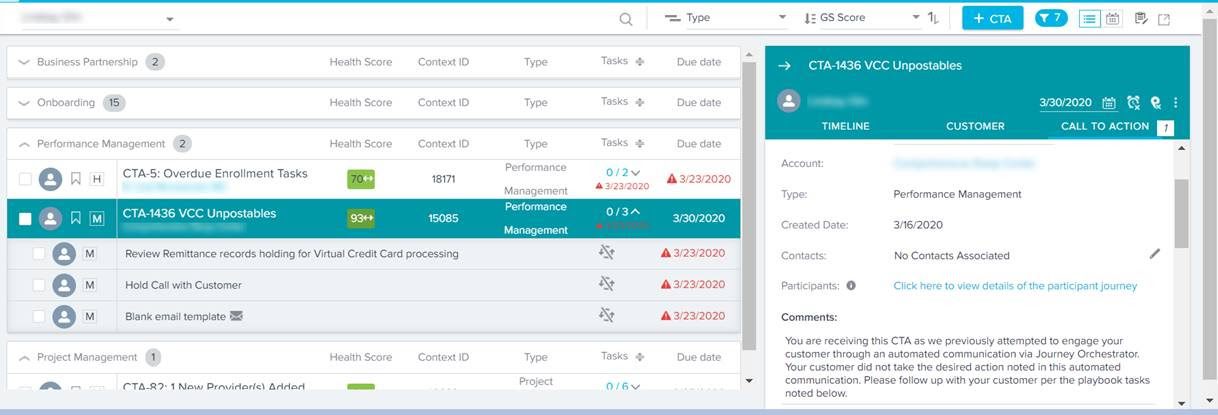 athenahealth’s CSM cockpit, with one of the revenue cycle-based performance CTAs displayed
athenahealth’s CSM cockpit, with one of the revenue cycle-based performance CTAs displayed
With Journey Orchestrator, we’ve given the team a lot of opportunities to deliver messages directly while still being careful about executing these outreaches so the trust between client and CSM isn’t compromised.
Our CSMs also love and rely on Cockpit to track and organize their work—and visualize the most effective actions. It helps them prioritize the most important activities they should be spending their time on.
Nick: That’s some serious CS transformation. What have been the results?
Laura: We evaluate CSMs every month based on the number of activities they perform, like Timeline entries, CTAs, and up-to-date health scores, because we believe that having strong rigor around these three areas can improve our ability to demonstrate value to our customers and ensure they have a positive customer experience. Year to date, over 80% of our CSMs are green users of Gainsight! We calculate usage scores based on monthly completion of core activities in Gainsight that we believe will improve customer experience and customer performance. We also put in place an infrastructure to measure the impact of revenue-related CTAs. Given the emphasis on outcomes, the team has been maniacal about the timing of the CTAs and email opens—basically, their ability to know which CTAs are driving positive behaviors. Having that level of granular detail enables Ed and I to tell a story to leadership that makes the value real.
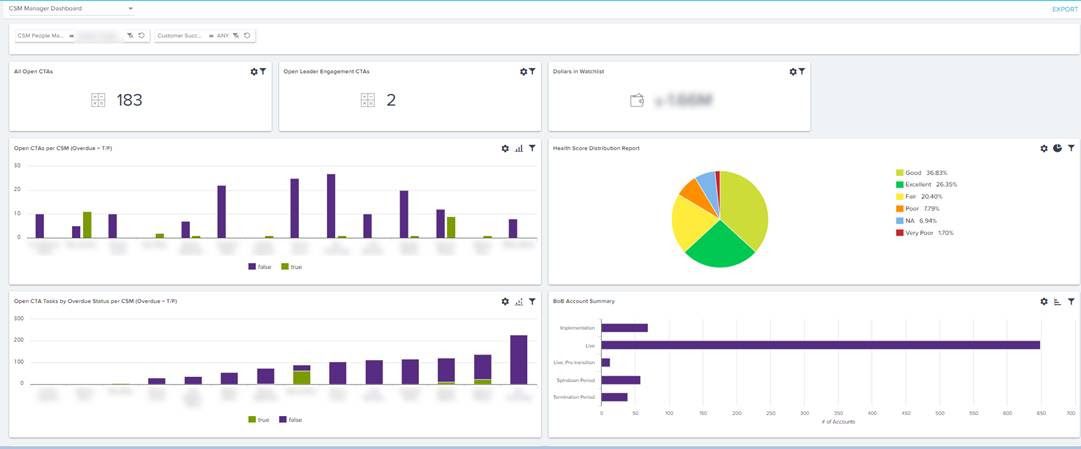 athenahealth’s CSM Manager Dashboard
athenahealth’s CSM Manager Dashboard
We can also share macro-level insights. Ed and I estimate that we’ve driven around $2 million in additional customer revenue since getting Gainsight, primarily via targeted CTA activity. Additionally, we’ve also been able to drive improvement within our own walls via increased CSM efficiency and Customer Retention. Our goal in 2020 is to prove that the health score matters to retention. If we can prove that and then improve the health score, we can demonstrate an even more significant revenue impact.
Nick: Laura and Ed, I’m beyond impressed with your GameChanger accomplishments! Thanks for sharing your insights today—and stay safe out there.
